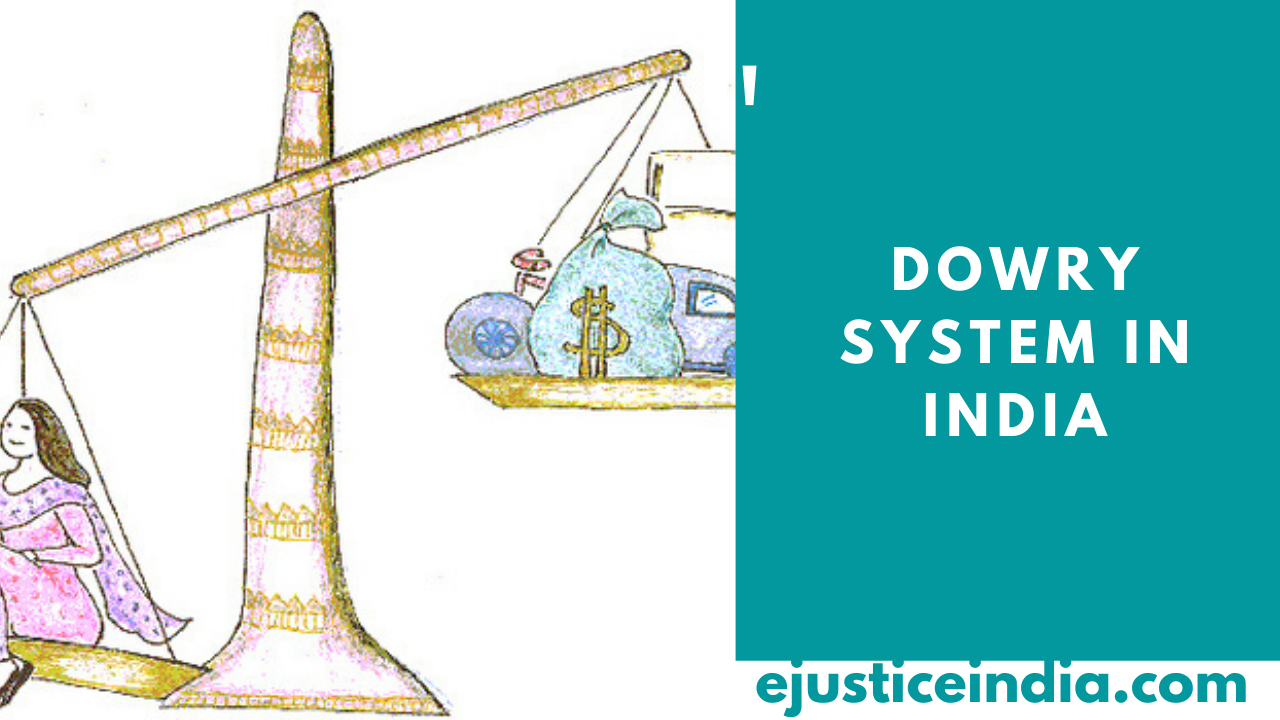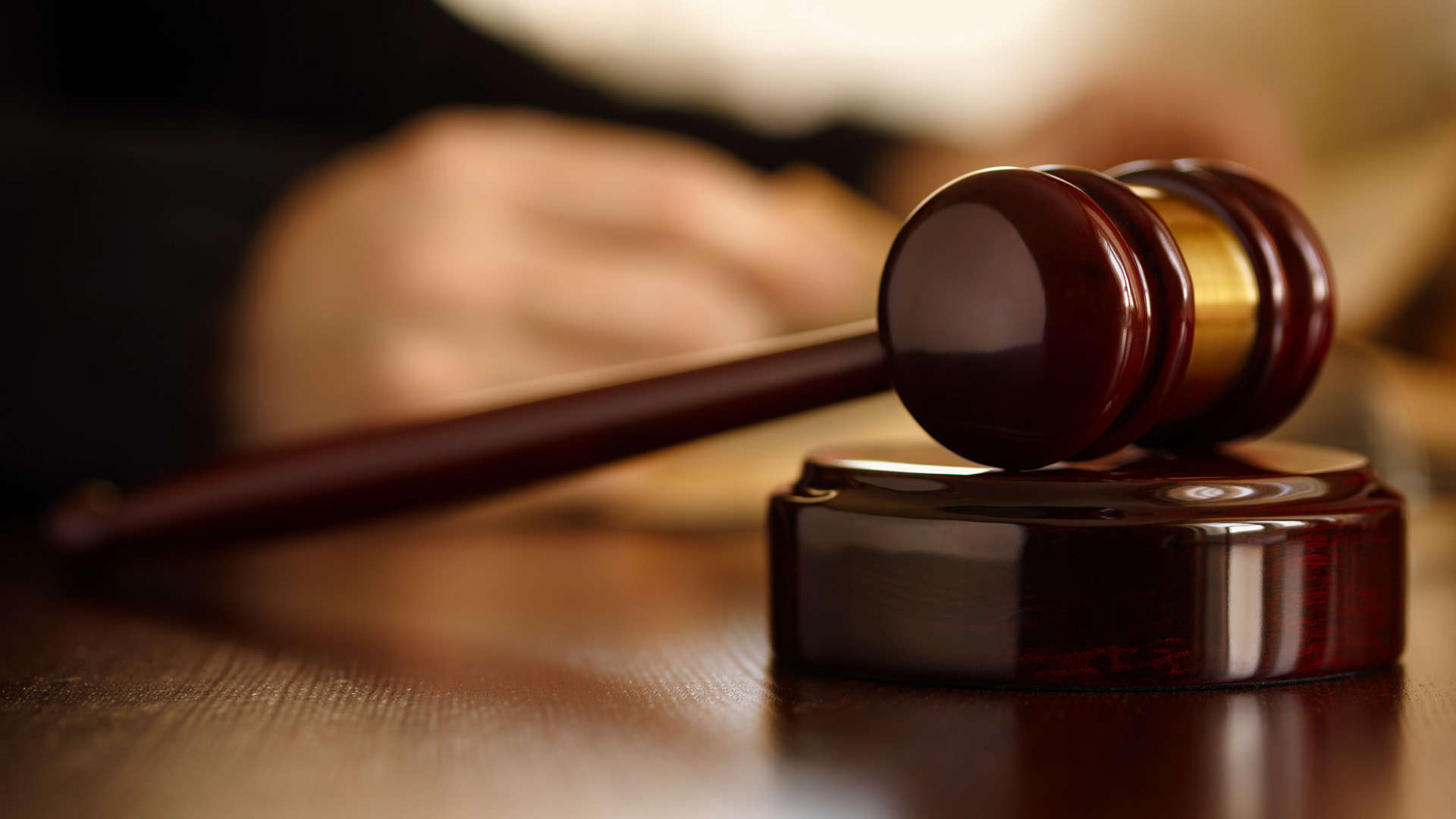ACT OF GOD AS A DEFENCE IN LAW
ACT OF GOD AS A DEFENCE IN LAW
Author : Tanvi Gupta
Introduction:
Accidents can take place due to natural forces or due to human intervention or by both. An act of god could be any natural calamities like earthquake, Tornadoes, floods, droughts etc. which have their existence ever since Earth. Natural disasters are perilous which act as turmoil to both the victims as well as tortfeasors. Certain principles such as force majeure, and vis major are applied as counter claim for compensation. These defences come into action when some wrong claims are imposed on them. Doctrine of Frustration applies where the contract has completely frustrated or destroyed. Extreme weather conditions have become the new normal which were earlier considered to be unpredictable. With the advancement in technology the courts have limited the grounds on which this act can be invoked by limiting post facto litigation excuses.
Meaning:
An Act of God is an inevitable incident which is direct, sudden and irresistible in nature which could not have been foreseen or if foreseen, it could not have been avoided in any circumstances. This principle is based on the concept of ‘fault’ i.e. person cannot be penalised where all precautions were taken and causality still occurred. The three essentials for the Act of God are Natural Forces, No Human Interventions and no reasonable ground for anticipation. A reasonable man is an ordinary man who is capable of giving reasoned judgement. The court may require courts testimonies that event was unforeseeable.
Two maxims causa causans and causa sine qua non gives better understanding of the concept. Causa Causans has been defined as immediate cause or real effective cause[1]. Causa sine qua non means necessary cause. Hence, it means an immediate act whose occurrence caused damage otherwise it could not have occurred.
History of Doctrine “Act of God”
The Doctrine of “Act of God” first appeared as a defence for liability in famous English “Shelly’s Case”[2]The court stated: “It would be unreasonable that those things which are inevitable by the Act of God, which no industry can avoid, nor policy prevent, should be construed to the prejudice of any person in whom there was no laches.”
Under Section 56 of The Indian Contract Act, 1872 can be invoked being acts which cannot be performed. Under this doctrine a promisor is relieved of any liability under a contract in the event of the breach of contract and contract will be deemed to be void.
Are Vis Major or Force Majeure Synonyms?
Force Majeure and Vis Major are two different concepts where former one covers wider events and latter is a sub-set. The Hon’ble Supreme Court in the case of Dhanrajmal Gobindram vs Shamji Kalidas & Co.[3] recognized the difference as Force Majeure includes both natural and artificial unforeseen events whereas Vis Major includes only natural calamities. These closes are designed for sharing of extreme risk factors.
Prominent Case Laws in defining “Act of God”
In the Historical Judgement of Nichols vs Marshland[4], the defendant owned created various artificial lakes on his land. Due to heavy rainfall, these lakes overflowed resulting in damaging four bridges. It was held in this case that it was unpredictable and inevitable act and hence defendant isn’t liable.
However, in the case of Ramalinga Nadar v Narayana Reddiar[5] when the good of the defendant were looted by a mob, the Hon’ble Court held that the act beyond the prevention cannot be named as an Act of God. Hence, this incidence will not come under its ambit.
Is ‘Covid-19’ an Act of God?
The sudden outbreak of Covid-19 has shackled the businesses and world at large. Parties who were unable to perform their contractual obligation will take ‘Act of God’ as a defence for their non-performance. On the other hand, parties seeking to enforce the contract will point it out as economic fallout. Contracts might, for example, refer to events or circumstances “beyond the parties’ reasonable control”. Determining whether or not this principle covers the issues arising from pandemic is a question of interpretation and dependent on facts of the case,. In extraordinary circumstances like currently, the courts are likely to be liberal in their interpretation of this sort of wording when faced with parties who have come across genuine difficulties in performing. However, in this case such parties will still need to prove that their non-performance, or delayed performance, was beyond their control and could not have been mitigated. However, this defence depends on the contract between parties, circumstances and preventive steps.
A party seeking to rely on a vis major clause must also show that: the event was the cause of the incapability to perform or delayed performance; their non-performance was due to circumstances outside their control; and there were no reasonable steps that they could have taken to avoid or mitigate the event or its consequences. As a result, where a party forestalls falling into tough spot with meeting its obligations, for example due to employee shortages through self-isolation in harmony with government norms or issues with the supply of essential goods, it is critical to explore whether alternatives, such as substitute sources of labour or materials, are reasonably available – including at higher cost, unless this involves breaching existing contracts.
The courts can also refer to the case of Lakeman v Pollard[6] where the worker left his work uncomplete due to the sudden spread of Cholera. The court decided in the case where the mill owner objected that it is not a breach of contract and it is within the ambit of Act of God.
[1] Justice Chandrachud
[2] 76 Eng. Rep. 199 (1579-81).
[3] AIR 1961 SC 1285
[4] 1876 2 ExD1
[5] AIR 1971 Ker 197
[6] 43 Me 463 (1857)


